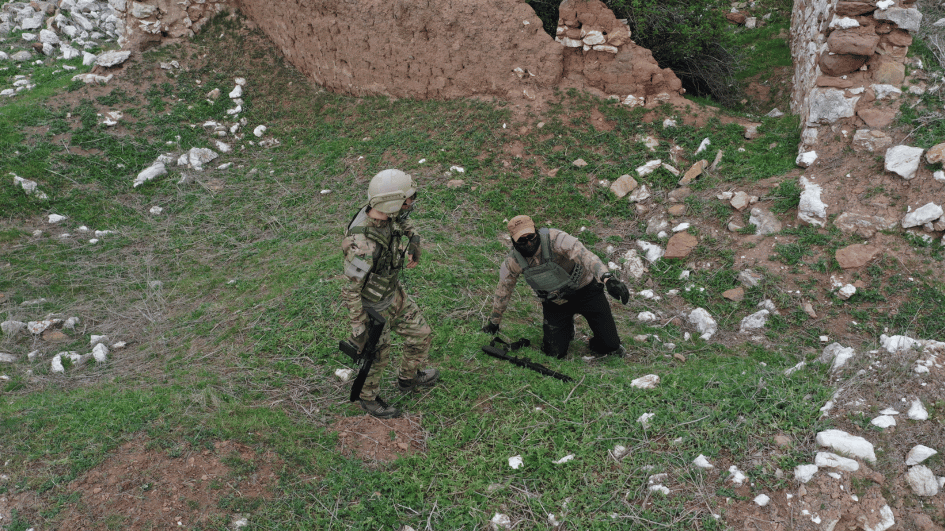New Tunisian constitution won’t cover blasphemy
TUNIS
A controversial blasphemy clause proposed by the ruling Islamist party but opposed by civil society groups will not be included in Tunisia’s new constitution, Parliament Speaker Mustapha Ben Jaafar said.The agreement to drop the clause follows negotiations between the three parties in the ruling coalition and must still be approved by the parliamentary committees drafting the new constitution, and by Parliament itself.
It comes after President Moncef Marzouki warned that radical Islamist militants pose a “great danger” to the Maghreb region, and amid a wave of violent attacks blamed on Tunisia’s Salafis on targets ranging from works of art to the U.S. embassy.
“There will certainly be no criminalization,” Jaafar, speaker of the National Constituent Assembly, said in an exclusive interview with Agence France-Presse. “That is not because we have agreed to (allow) attacks on the sacred, but because the sacred is something very difficult to define. Its boundaries are blurred and one could interpret it in one way or another, in an exaggerated way,” he added.
Jaafar said that Ennahda, the Islamist party that heads the ruling coalition, will accept dropping the blasphemy clause even though it remains at the heart of its political agenda. Ennahda had even wanted to see its proposed ban on attacks on the sacred become international law, but had modified its position, added Jaafar, who heads Ettakatol, a leftist party allied to the Islamists in a coalition government.
















